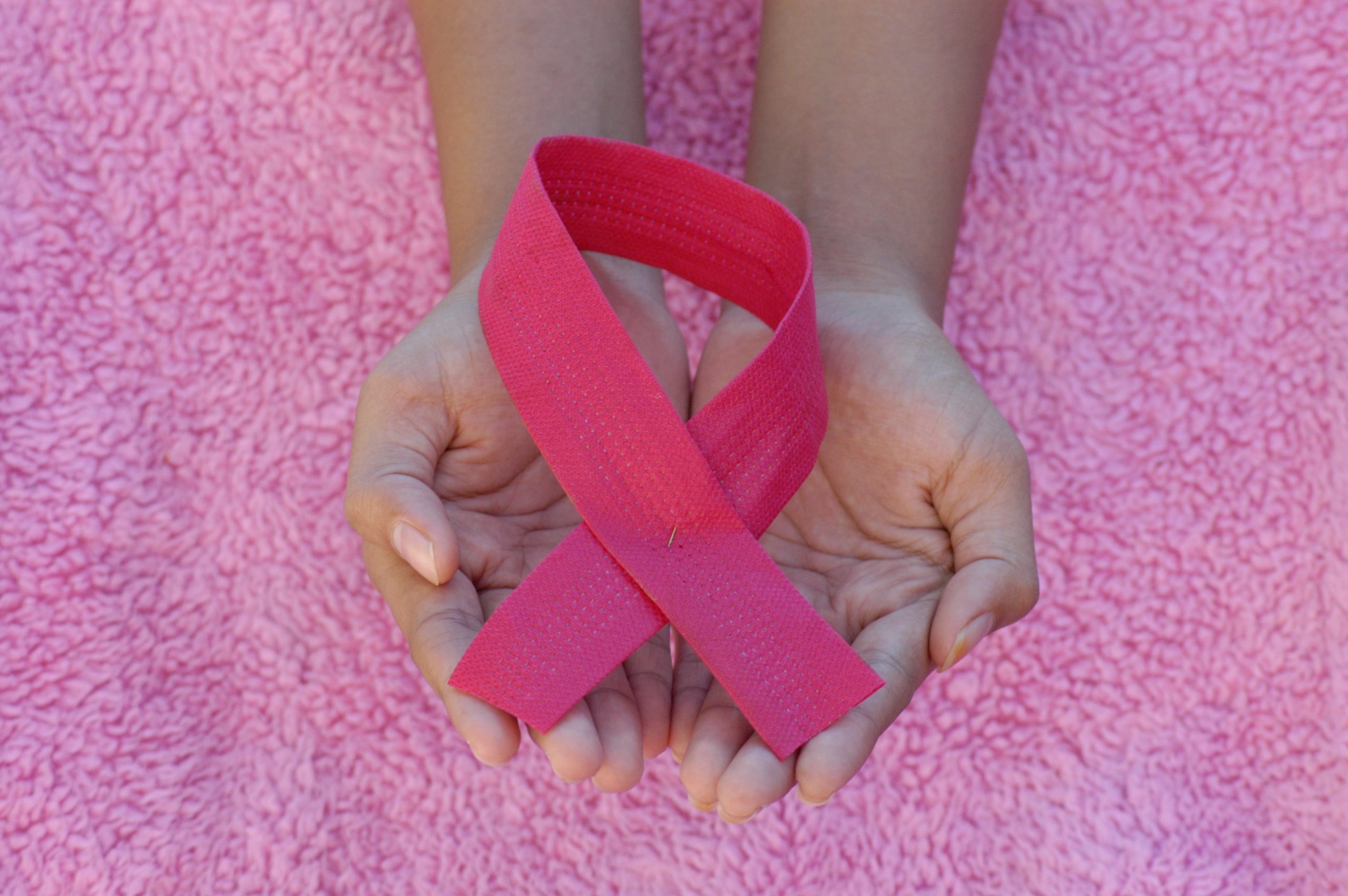Health
65% of breast cancer cases in PH diagnosed in advanced stage

In the Philippines, breast cancer ranks as the top cancer site for both sexes. (File Photo: Angiola Harry/Unsplash)
MANILA – About 65 percent of breast cancer cases in the Philippines are diagnosed in the advanced or late stages due to lack of adequate treatment and early detection.
Philippine Cancer Society president Dr. Corazon Ngelangel said Friday breast cancer ranks first in terms of new cases and mortality locally and globally.
“And the survival rate is 44.4 percent, relative survival rate over five years for breast cancer among Filipinos, so medyo hindi maganda ‘yung picture na ‘yan (that’s not a good picture),” Ngelangel said in a media Kapihan session.
In the Philippines, breast cancer ranks as the top cancer site for both sexes.
“There are 27,163 new cases a year and 9,906 deaths in a year for both sexes,” Ngelangel said.
Philippine Society of Medical Oncology president Dr. Arthur Jason Go said most patients with breast cancer are embarrassed about undergoing checkups and worry about expensive fees.
“Breast is the most common cancer site in the Philippines and in other countries. It is followed by lung, colorectal and liver, so early screening education is important,” he said.
One percent of the breast cancer cases are males and the majority are females.
Females who are prone to breast cancer include girls who had menstruation before 12 years old, late menopause beyond 55 years old, those who did not give birth or breastfeed, family history, lymphoma, uncontrolled use of birth control pills and have undergone hormone replacement therapy.
It remains unclear whether tobacco use, diet and vitamin intake, chemicals in the environment, night work, use of antiperspirant, tight bras and breast implants are risk factors for breast cancer.
“Women can check the warning signs of breast cancer like change in the size or shape of the breast, dimpling or puckering of the skin; itchy, scaly sore or rash on the nipple; pulling in of your nipple or other parts of the breast; nipple discharge that starts suddenly; new pain in one spot that does not go away,” Go said.
To avoid the possibility of breast cancer, he recommended that women practice checking family and medical history; breast awareness or patient familiarity with her breasts; breast risk assessment; and clinical breast exam, breast mammography, ultrasound or MRI.
In 2019, the National Integrated Control Act (NICA) was enacted, recognizing that cancer is a public health concern and an economic burden among Filipinos.
It aims to distribute cancer control services to at least 50 percent of Filipino patients with cancer, improve their quality of life and decrease their overall cancer mortality by 10 percent by 2030.
“In NICA rule number 4 section 15 to 16, it says there should always be a breast cancer campaign to increase cancer literacy to combat false claims, misconceptions, myths and reduce anxiety, fear, distress and uncertainties related to cancer,” Ngelangel said.
She urged women to observe a healthy lifestyle and participate in activities promoting early detection of breast cancer and other types of cancer.





















